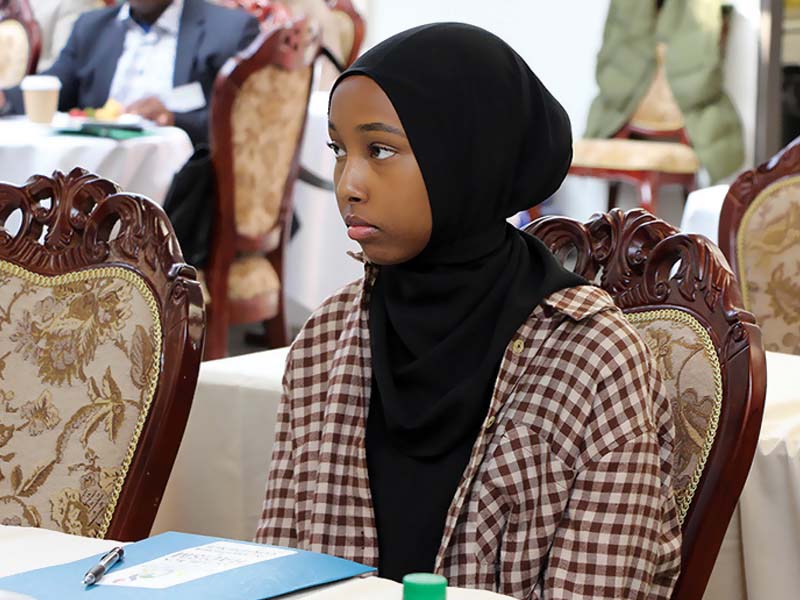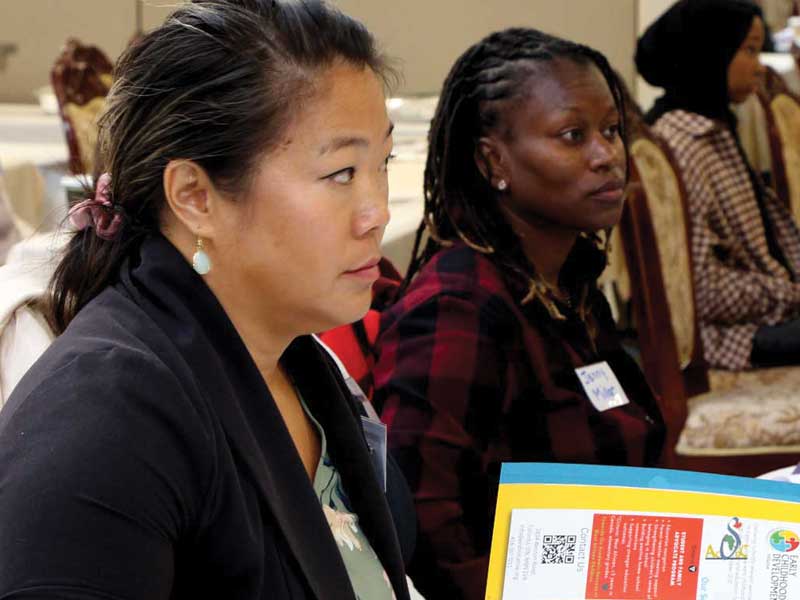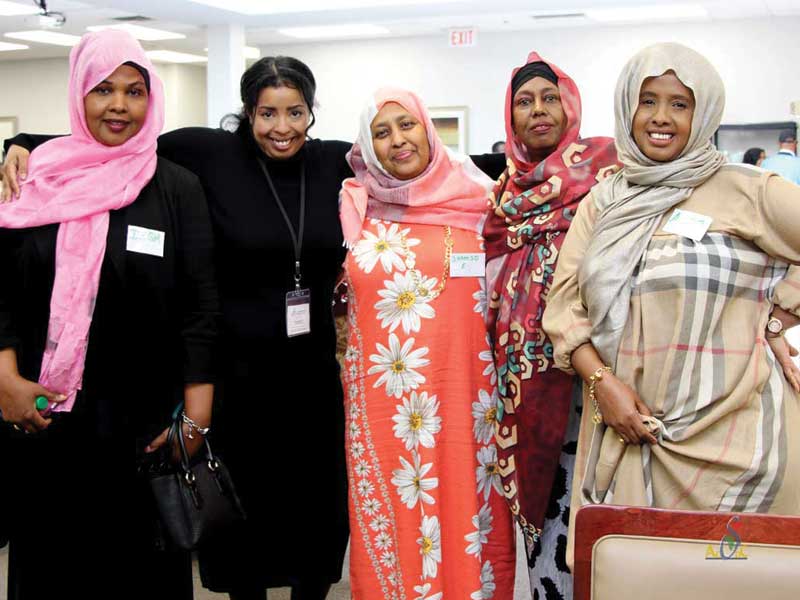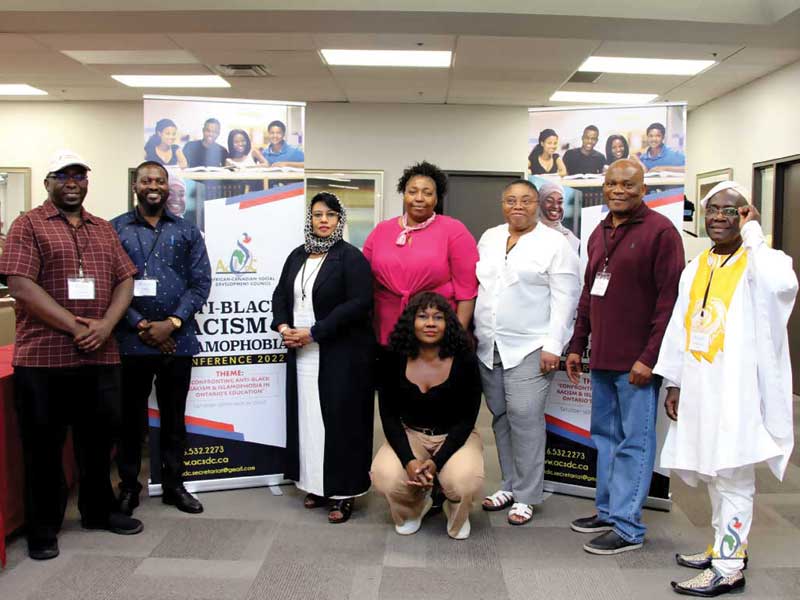Dr. Dei called for the decolonization of the education curriculum, including its pedagogy and epistemology, which seeks to order the society like a path to follow through just texts and books.
He further called for creating options to embrace the culture of the climate, the environment, and the socio-organizational lives in schools through work, divesture, resistance, disruption and importantly, the generation of new ideas. Dr. Dei lament ed that the curriculum is standardized without specificities and power-saturated and should allow for reimagining through the creation of new features, ideas, and possibilities. These features, he said, are to create an environment for Black students to belong, think and have a sense of ownership of the schools' environment. He said there was the need to galvanize support both within, around, and outside the school systems by tapping into community and street knowledge as resources for education, to increase the capabilities of Black, Indigenous, and racialized peoples.
In addition, Dr. Dei advocated for specific educational measures directed in support of Black and Indigenous learning in the school system meant for all learners. He stated that educational theory must have weapons of change grounded in politics of change where communities must be able to advocate for their own sustainable interventions through collectively generated knowledge reflecting Black cultural perspectives.
In other words, Afro-centric or homegrown knowledge for Black learners and communities. He maintained that the teaching, learning, and administration of education must speak the multi-dimensionality or specifics of the Indigenous, Black and racialized learners.








